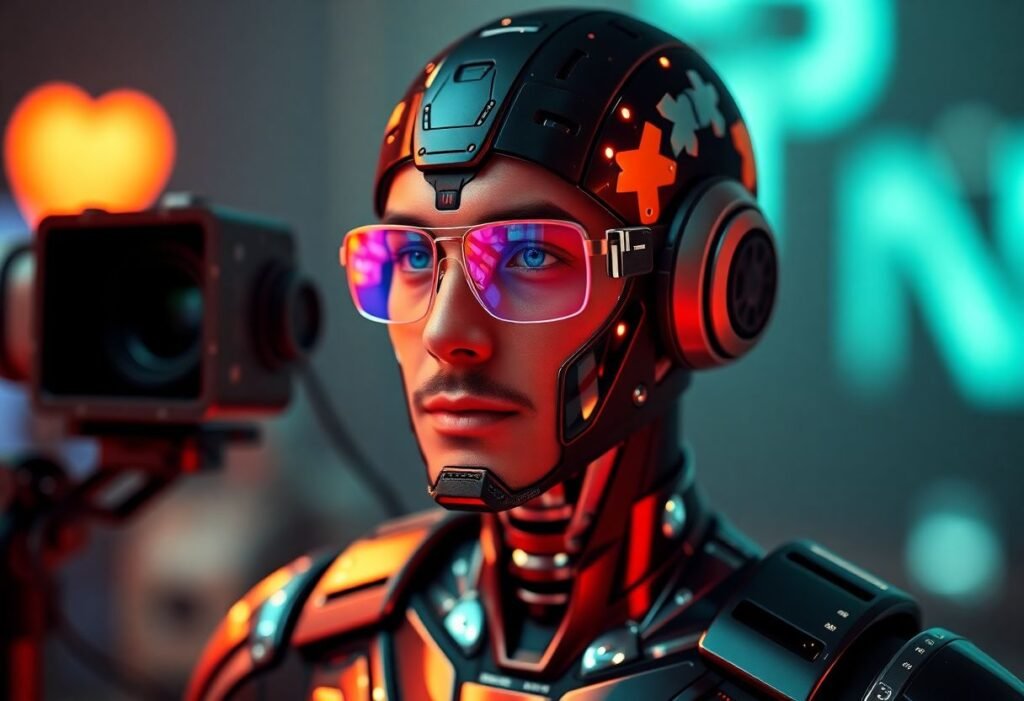The entertainment industry is undergoing a radical transformation as artificial intelligence (AI) integrates itself into various aspects of innovation. This shift not only reshapes how content is created but also how it is consumed. With the capability to analyze vast amounts of data, AI enhances creative processes, optimizes user experiences, and introduces new forms of artistic expression.
AI-Driven Content Creation
The emergence of AI in content creation is revolutionizing the entertainment industry. Automated tools can now write scripts, compose music, and even generate visuals, allowing creators to focus on higher-level storytelling and innovation. Platforms like OpenAI demonstrate how machines can produce human-like text that can serve as inspiration or starting points for writers. This capability is making content creation more efficient and cost-effective, paving the way for exciting new narratives that were previously thought unattainable.
Enhanced Distribution Methods
AI technology plays a pivotal role in optimizing how content is distributed. With algorithms that analyze viewing patterns and preferences, streaming platforms can recommend personalized content to users with remarkable accuracy. This not only enhances user satisfaction but also increases viewer retention rates. By leveraging AI, entertainment companies can ensure that audiences discover their content more easily, fostering a more engaged community and driving repeat viewership.
Virtual Reality and AI Integration
The integration of AI and virtual reality (VR) is another groundbreaking innovation in the entertainment sector. This combination allows for immersive experiences that are hyper-personalized. AI can adapt the VR environment in real-time based on user interactions, creating a unique experience for each individual. This level of personalization in interactive storytelling is significantly changing how audiences engage with narratives, leading to deeper emotional connections and a more memorable experience.
AI in Music Production
The music industry is also experiencing profound changes due to AI. Tools are emerging that assist musicians in composing and producing music, allowing for a more experimental approach to sound. AI algorithms can analyze music trends and suggest novel combinations of styles and genres. This not only enriches the creative process but also democratizes music production by making advanced tools more accessible to budding artists.
Improved Audience Analytics
Understanding audience analytics has always been crucial for success in the entertainment industry. AI enhances this by providing more precise data insights. By analyzing viewer behavior, preferences, and demographic information, companies can tailor their content strategies effectively. This ultimately leads to better-targeted marketing efforts and refined content that resonates with specific audience segments, enhancing overall engagement.
The Future of Storytelling
The future of storytelling is being redefined by AI technology. Interactive and adaptive narratives that change based on audience choice are becoming more prevalent. This innovative approach allows storytellers to craft experiences where the viewer’s choices significantly impact the plot, making storytelling more dynamic and engaging. As these technologies evolve, we can expect an even greater blending of interactive experiences and traditional narratives, leading to entirely new forms of entertainment.
Disclaimer: The information provided in this article is for informational purposes only and does not constitute professional advice.





















